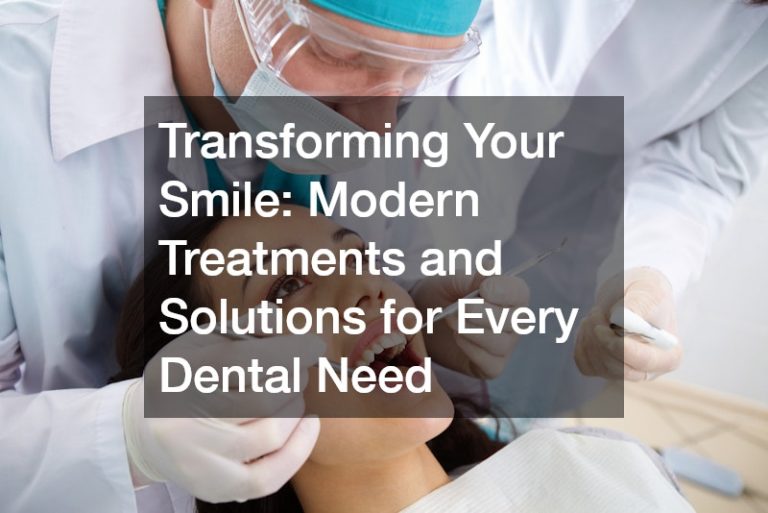

Around 97 percent of American adults believe a quality smile is an important social aspect, yet if you don’t take proper steps to maintain great oral hygiene, you won’t have that quality smile everyone wants.
It isn’t all about the teeth when it comes to dental hygiene, your gums are also part of your mouth. A dentist will always be able to tell you whether or not your gums are healthy, and having healthy gums is an essential part of having a healthy mouth.
Consequences of not maintaining health gums: If you don’t have healthy gums, you will need to see a gum doctor in order to get treatment for diseases such as gingivitis.
If you don’t see a gum doctor right away, you will most likely need costly cosmetic dental work down the road, such as dental implants. Although dental implants are the only cosmetic dental procedure to provide patients with a “real mouth” feel, nothing beats having your original teeth.
What is a gum doctor? This is a dental specialist that is solely focused on the treatment and prevention of gum disease. Around 35 percent of adults over 65 years old are missing all of their teeth, but by seeking gum treatment early, you could save your teeth.
What is gingivitis? Also called gum disease or periodontal disease, gingivitis begins when large amounts of bacteria grow on the teeth and gums and eventually cause a buildup of plaque. It not properly treated, tooth loss and tissue damage can occur.
Symptoms: Once plaque begins to build up, your gums will become inflamed and red. They may bleed easily from normal brushing or flossing. They gums may also recede from the teeth and expose the enamel or even the nerve, which can cause serious pain when in contact with extremely hot or cold food.
When the inner layer of the gum and bone pull away from the teeth, it forms pockets in which debris and plaque build up, causing infections and eventually tooth loss.
Inflammatory Response: The poisons produced by the bacteria, along with your body’s enzymes used to fight off infections, corrode the bone and connective tissue in your mouth that are responsible for holding your teeth in place. Gum disease, as a result, is the leading cause of tooth loss.
Causes of Gum Disease: Along with plaque buildup, there are other factors that cause gingivitis and gum disease.
- Hormonal changes during pregnancy, puberty, or menopause
- Illnesses such as cancer, HIV, and diabetes
- Personal habits such as smoking
- Poor oral hygiene such as not brushing or flossing regularly
If you believe you may have symptoms of gum disease, go to a dentist in order to get a proper diagnosis.
Ger more information on this topic here.


